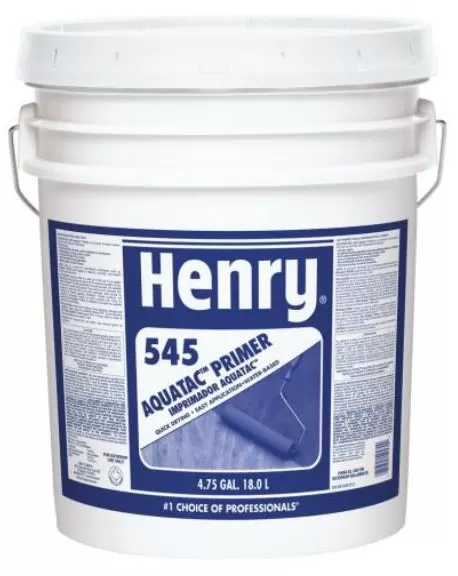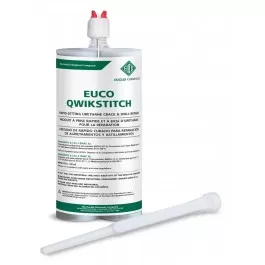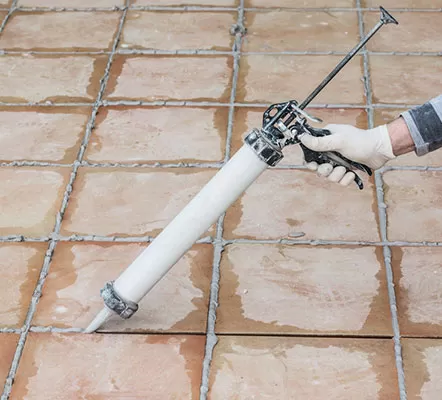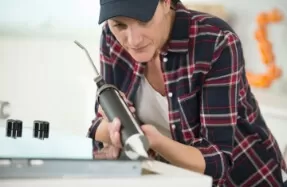Blog
Understanding Epoxy And Its Uses
Considering it’s used in everything from aerospace technology to construction, epoxy is one of the most versatile compounds on the planet. Epoxy has quickly become one of the most popular choices for adhesives and sealants, due to its wide range of practical applications and properties, including durability, water resistance, and chemical resistance. Understanding epoxy’s uses, how it works, and its potential side effects will help you decide if it’s right for your next project.
What Is Epoxy Used for?
When it comes to construction, furniture-making, and hobbies, epoxy is a versatile resin. It can be used to bond wood, glass, metal, stone, ceramics, and just about any material that doesn’t conduct electricity. It works by filling gaps in materials, curing over time into a hard shell. Since epoxy can come in many forms, such as liquid or paste, there are many different uses for it, depending on what you’re trying to accomplish with your project.
What Is Epoxy Floor Coating?
Epoxy floor coatings are complex chemical blends that contain two primary components, epoxy resin and plasticizer. The epoxy resin provides protection, durability, and adhesion, while plasticizers are added to increase flexibility, reduce yellowing over time, and improve coating durability. Most of these floor coatings can be applied with a spreader or mop. They’re water-based, so they’re easy to clean up with soap and water, in the event of spillage or accidental dripping onto non-treated surfaces.
How to Apply Epoxy Floor Coating
Apply epoxy floor coating in a well-ventilated area and keep children and pets away until it has dried. In general, applying any construction adhesive is a messy business, but bonds designed for floors are even dirtier because they must be used in a thin layer, creating a larger surface area that can spill or drip. To minimize cleanup, apply epoxy in a garage or on a concrete pad outside. Cover your work surfaces with an old blanket before you start, so that spilled epoxy won’t ruin them when it dries. When you’re done applying epoxy, cover your freshly coated floor with several layers of newspaper to keep dust from settling while it’s still tacky.
Is Epoxy Waterproof?
Yes, epoxy is waterproof; however, it will slowly break down if exposed to harsh chemicals or moisture. Epoxies are not stain-proof and can be permanently marked by anything that penetrates their surface. They cannot be used underwater because they tend to soak up water and weaken. Remember not to use more than four ounces of hardener per gallon of resin. When working with epoxy, try your best to keep your skin clean, do not get it on your hands while mixing! If you do get some on your hands while working, wash it off immediately, so you do not get stuck trying to work with wet epoxy later.
Whether you are refinishing wood floors, building an outdoor kitchen, or setting up an electronic repair shop, epoxy is an excellent material to consider using. A little bit of time spent on research and getting your facts straight will go a long way in achieving the best results. Understanding how it works can make all the difference in choosing a type and a brand. After taking in all that you have learned here, start doing some shopping around online or at your local hardware store. You never know what might work best for your specific project!




